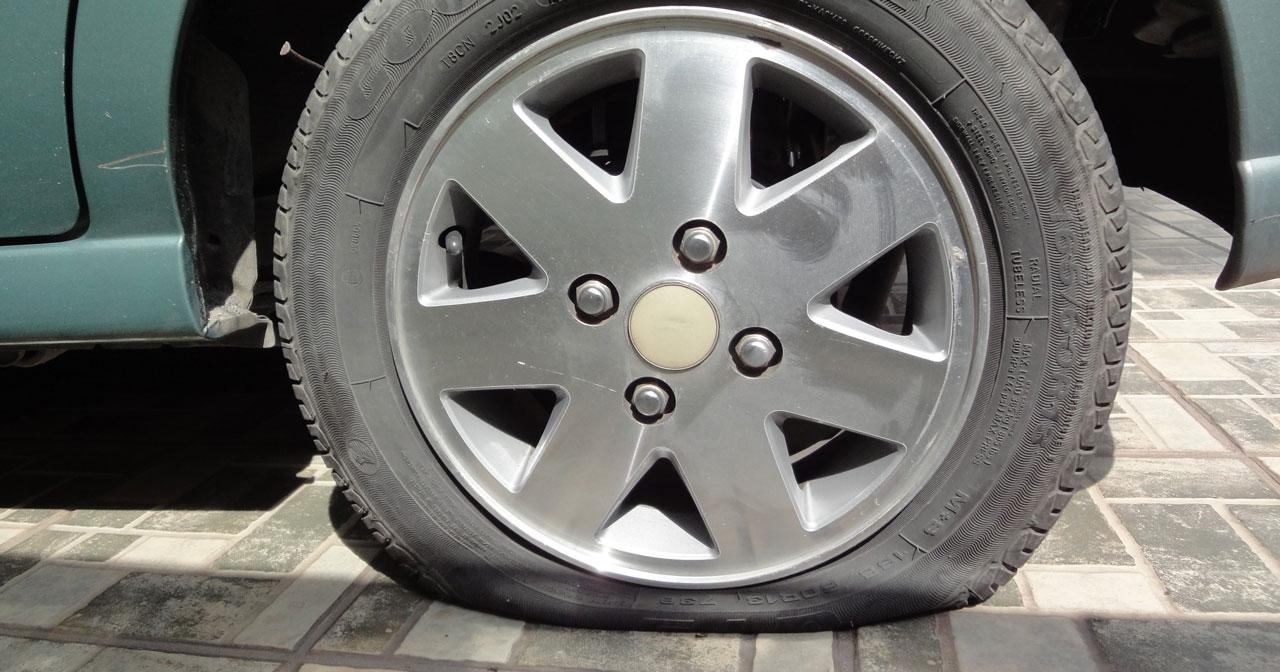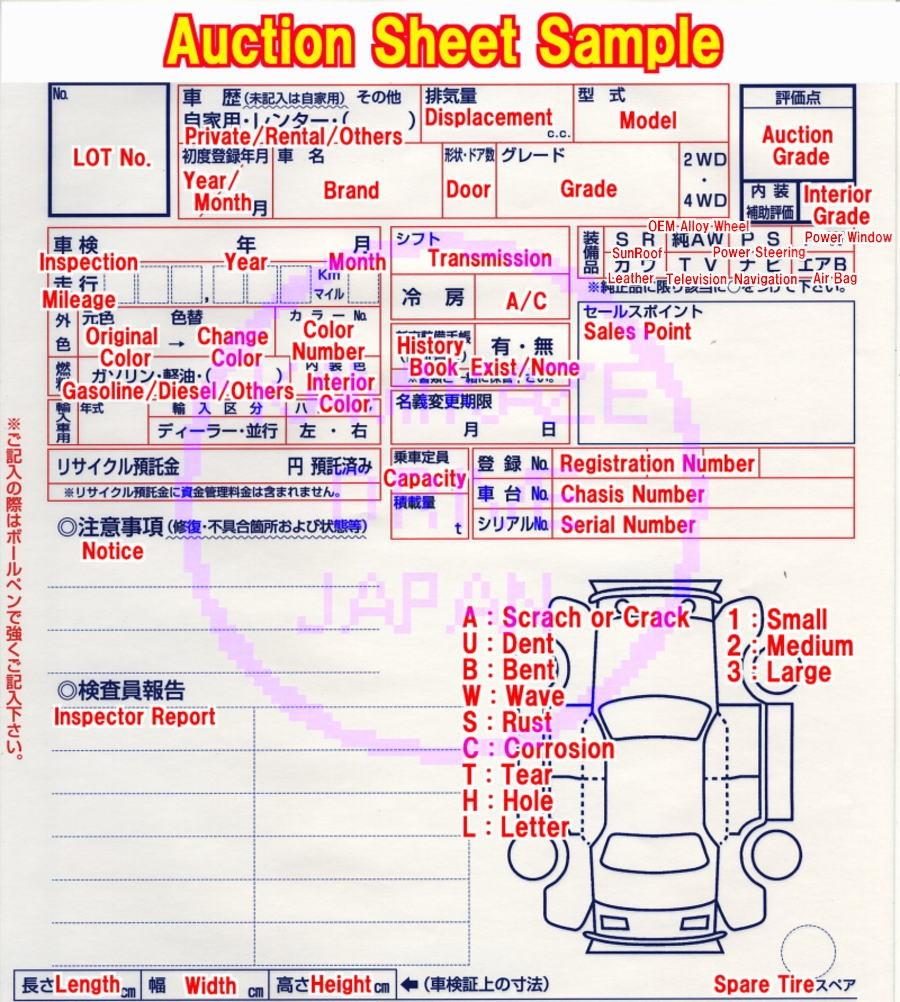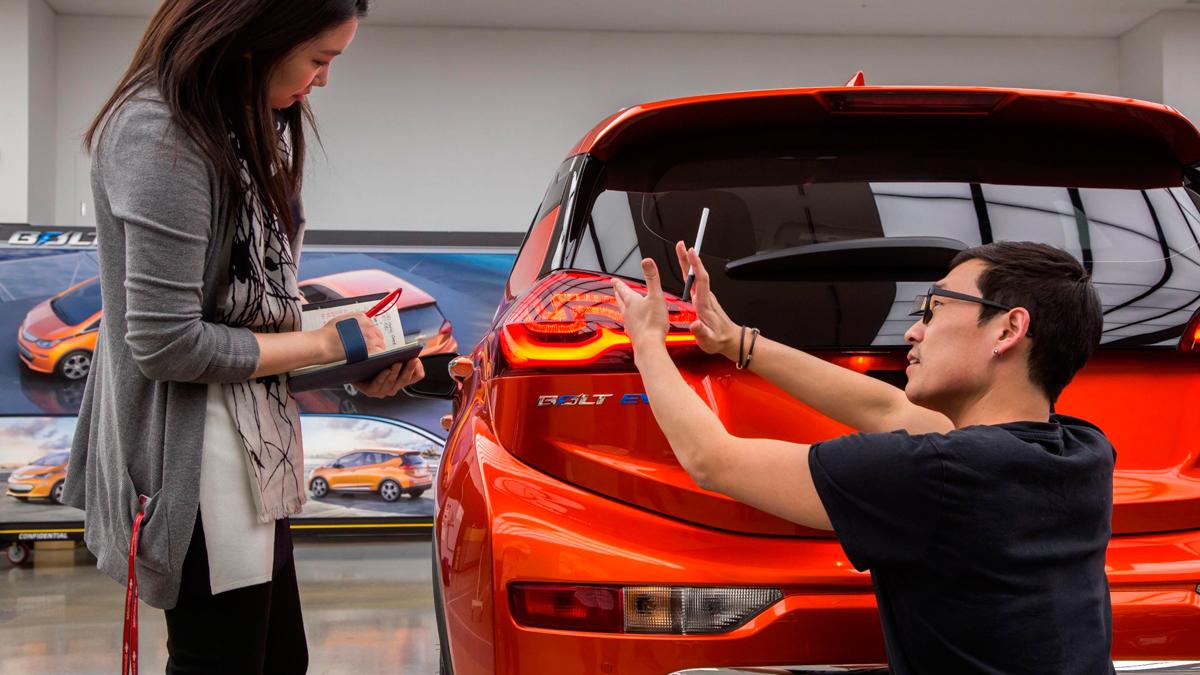Watch Out for These Sway Bar Links Symptoms
A sway bar or stabilizer bar is an integral part of a vehicle’s suspension. Without it, a car can lean to one side, especially when speeding up or turning around a corner. A sway bar itself can rarely get damaged, but it’s bushings and links can wear out or crack. Being aware of sway bar links symptoms will help you avoid some unwanted problems.
Why Do Sway Bar Links Wear Out?
It’s important to know why the links wear out before delving into what are the symptoms of a bad sway bar. You will be surprised to know that bushings and links can sometimes get damaged within 60,000 miles.
The suspension of an engine, especially the front unit, endures extreme stress and pressure when the car is running.
Being a part of this suspension system, a sway bar also withstands this strain. As sway bar parts are made of steel or iron, they can wear out, crack, or snap under immense pressure.
Bad sway bar links can make driving a difficult and unsafe experience. Worn out bar links can lead to anything, from slight swaying while driving to outright wiping out your car’s stability.
Without a fully functioning sway bar, a vehicle can go out of control in an instant.
Bad Sway Bar Links Symptoms
The bar links have rubber bushings on both ends. Both deteriorated bushings and worn out links can cause the following signs, ranging from mild to significant symptoms.
Suspension Sounds
When bushings or links start to deteriorate, they may create a squeaking or clattering sound that you will hear coming from the suspension area when driving over a speed bump or around a corner.
This is how to tell if stabilizer link is bad. Functioning links are supposed to fit snugly, leaving no room for movement. But a slight moving space is created when they wear thin, leading to creating these sounds.
In the case of extreme damage, these noises will be quite audible when you are driving on the highway. Don’t wait for your car to reach this stage.
SEE MORE
Handling Troubles
You will face various handling issues when the bar links become loose. The tires can’t generate adequate traction on the ground and you cannot turn the car properly because the steering wheel is acting up.
A high amount of dirt or rust in the system can also cause this trouble. However, you should check the sway bar links and bushings too.
Excessive Swerving Problems
How to tell if sway bar links are bad? When the car swerves at the time of driving. As the tires lose their grip, the wheels also don’t stay stable and cannot generate enough traction. For these reasons, the car swerves into a direction during acceleration.

FAQs
-
How do I diagnose a bad sway bar link?
You can diagnose a bad sway bar link by visually inspecting it for damage or wear, listening for unusual noises while driving, and conducting a bounce test to check for excessive play in the link.
-
Can I drive with a bad sway bar link?
While it’s possible to drive with a faulty sway bar link for a short period, it’s not recommended.
A worn or broken sway bar link can affect your vehicle’s handling and stability, increasing the risk of accidents, especially during sharp turns or emergency maneuvers.
-
How much does it cost to replace a sway bar link?
The cost of replacing a sway bar link can vary depending on the make and model of your vehicle, labor costs, and whether you choose to use OEM (original equipment manufacturer) or aftermarket parts. On average, the cost can range from $50 to $200 per link.
-
Are sway bar links the same for all types of vehicles, or do they vary based on the make and model?
Sway bar links can vary in design and size based on the specific make and model of a vehicle. Different vehicles may require different sway bar link lengths and configurations to fit their suspension systems properly.
-
Can a DIY enthusiast replace sway bar links, or is it a job best left to professional mechanics?
While replacing sway bar links is a manageable task for many DIY enthusiasts with the right tools and knowledge, it can be a bit challenging for those without experience in suspension work.
It’s advisable to consult your vehicle’s repair manual or seek professional assistance if you’re unsure about the process.
-
Are there any maintenance tips to prolong the life of sway bar links?
To extend the life of your sway bar links, you can periodically inspect them for signs of wear or damage, ensure they are properly lubricated (if applicable), and have your vehicle’s suspension system checked during routine maintenance services.
-
Can a bad sway bar link affect other parts of the suspension system or the vehicle’s overall performance?
A bad sway bar link can affect the entire suspension system and the vehicle’s performance.
It can lead to uneven tire wear, reduced stability, and compromised handling, which, if left unaddressed, may cause additional strain on other suspension components.
-
Are there aftermarket sway bar links available, and are they a good alternative to OEM parts?
There are aftermarket sway bar links available, and they can be a cost-effective alternative to OEM parts.
However, the quality and durability of aftermarket links can vary, so it’s important to choose reputable brands and ensure they meet the specifications of your vehicle’s suspension system.
Facing sway bar links symptoms means you are driving the car under the risk of an accident. Even if nothing happens, the suspension will gradually get damaged. Take the car for repair, which may need replacing both bushings and links.














